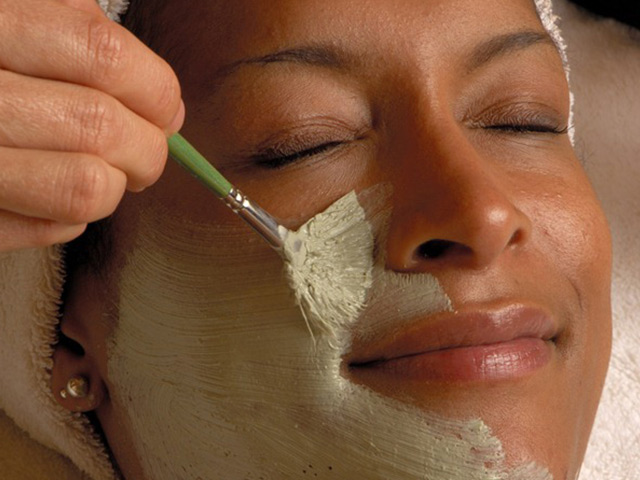Glycolic peel, a popular chemical exfoliation treatment, is known for its ability to rejuvenate and brighten the skin. This treatment utilizes glycolic acid, derived from sugar cane, to remove dead skin cells, stimulate collagen production, and improve the overall texture and tone of the skin. However, many people with darker skin tones may have concerns about whether glycolic peels are suitable for their skin. Let's explore the Glycolic Peel Treatment in Dubai.
Understanding Glycolic Peel
A glycolic peel is a type of chemical peel that works by exfoliating the skin’s outermost layer. Glycolic acid is an alpha hydroxy acid (AHA) that penetrates deeply into the skin, helping to remove dead skin cells and reveal fresher, smoother skin underneath. This peel is often used to address various skin concerns, including acne scars, fine lines, pigmentation, and uneven skin texture.
Glycolic Peel for Darker Skin Tones
While glycolic peels can be beneficial for all skin types, those with darker skin tones must exercise caution. Darker skin tones are more prone to hyperpigmentation, which can occur if the skin reacts poorly to the peel. However, when done correctly, a glycolic peel can significantly improve the appearance of hyperpigmentation, melasma, and dark spots in individuals with darker skin.
The key to a successful glycolic peel for darker skin lies in the concentration of glycolic acid used. It’s important for the peel to be applied in controlled concentrations that are not too strong, as this can increase the risk of irritation or hyperpigmentation. Professionals who are experienced in working with darker skin tones are best suited to provide this treatment.
Benefits
Improves Skin Texture
Glycolic peels exfoliate the skin, helping to remove dead skin cells and promote smoother skin. This can be especially helpful for individuals with uneven skin texture or those dealing with acne scars.
Fades Hyperpigmentation
For individuals with darker skin tones, glycolic peels can target dark spots, age spots, and acne scars by promoting even skin tone. By stimulating skin cell turnover, glycolic acid can help lighten pigmentation over time.
Enhances Skin Radiance
Regular glycolic peel treatments can brighten the complexion, giving the skin a more youthful, radiant glow. This is particularly beneficial for people with dull, tired-looking skin.
Prevents Clogged Pores
The exfoliating properties of glycolic acid help clear clogged pores, which can reduce the occurrence of breakouts. This is especially beneficial for those prone to acne or clogged pores.
Stimulates Collagen Production
Glycolic acid helps to stimulate collagen production, which can improve skin elasticity and reduce the appearance of fine lines and wrinkles.
How to Safely Use Glycolic Peels on Darker Skin
To ensure that glycolic peels are safe for darker skin tones, it is essential to start with a lower concentration of glycolic acid and gradually increase it based on skin tolerance. Consulting with a skincare professional who understands darker skin tones is crucial to avoid complications such as hyperpigmentation.
FAQs
1. Is glycolic peel safe for dark skin?
Yes, glycolic peels can be safe for dark skin if applied with the correct concentration and under professional guidance.
2. Will glycolic peel cause hyperpigmentation on dark skin?
If used improperly, glycolic peels can lead to hyperpigmentation, but when applied correctly, they can help reduce dark spots.
3. How often should I get a glycolic peel for dark skin?
It’s recommended to get glycolic peels every 4-6 weeks to allow the skin time to heal and avoid irritation.
4. Can glycolic peel help with acne scars on dark skin?
Yes, glycolic peels can help fade acne scars and improve skin texture by promoting cell turnover.
5. What should I do before and after a glycolic peel for dark skin?
Before a glycolic peel, ensure your skin is not irritated, and after the peel, protect your skin from the sun and follow proper aftercare instructions.
Conclusion
Glycolic peels can be an excellent treatment for individuals with darker skin tones, offering numerous benefits such as improved texture, reduced hyperpigmentation, and enhanced radiance. However, it is essential to consult with a professional who understands darker skin to ensure that the treatment is tailored to your skin’s needs and minimize the risk of complications. When done correctly, glycolic peels can provide significant skin improvements, giving you smooth, glowing skin.





Comments